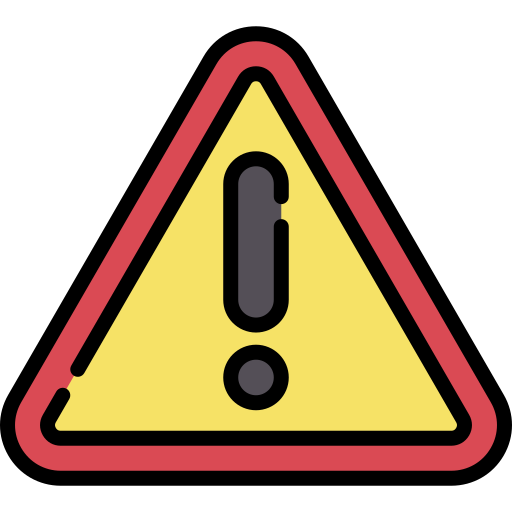
This Byte describes situations such as eating disorders that may be triggering to some audiences.
Meet two young adults who experienced difficult childhoods:
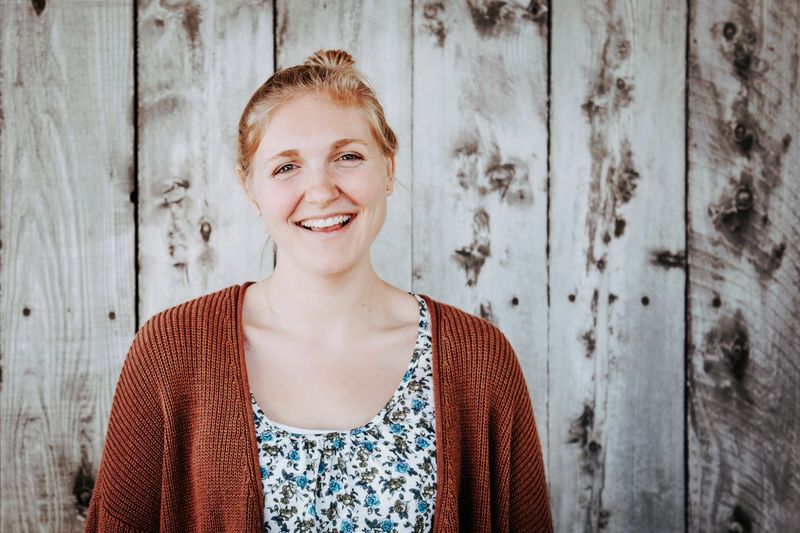 Photo by Tim Mossholder on Unsplash
Photo by Tim Mossholder on UnsplashFran is 18 years old and living on her own. Her parents divorced when she was 5 and her mom, who raised her, struggled with addiction. Fran has a part-time job and attends community college. She's sick a lot with chronic asthma and sometimes binge eats.
 Photo by Ethan De Long on Unsplash
Photo by Ethan De Long on UnsplashXavier is 21 years old. He has a high IQ but didn't do well in school. He and his dad moved around a lot and were sometimes homeless. Xavier got his GED a few years ago and now works at a restaurant. He struggles with self-doubt and anxiety, which are barriers to career advancement.

Fran and Xavier were both impacted by adverse childhood experiences (ACEs) that still affect their health and well-being today.
Perhaps their experiences sound familiar, too — but know that none of this was your fault! You can find ways to overcome the long-term effects of the difficulties you faced as a child.
What are ACEs?
ACES are traumatic experiences in childhood...that can increase risk for future problems.
— Centers for Disease Control, "We Can Prevent ACES" video
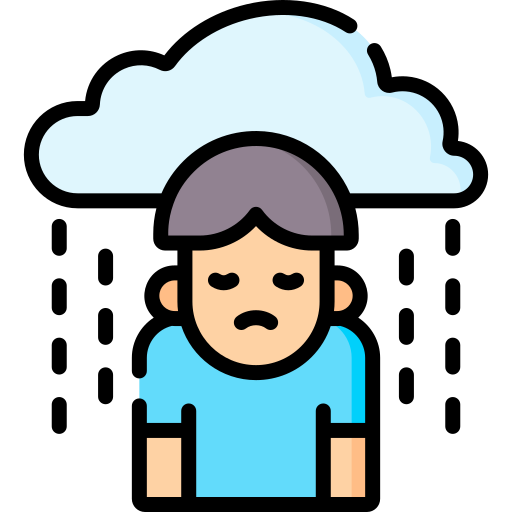
A Historic Study
In the mid-1990s, doctors at Kaiser Permanent Health Care in California, USA, asked patients to complete questionnaires about their childhood experiences and their current health.
The results were astounding. The doctors found that many of their adult patients who were chronically ill or had unstable lives had experienced high numbers of adverse childhood events such as:
a history of abuse or neglect
exposure to violence
environmental instability (homelessness, lack of food)
absent parent for reasons including divorce or time in jail
caregiver mental illness or substance abuse
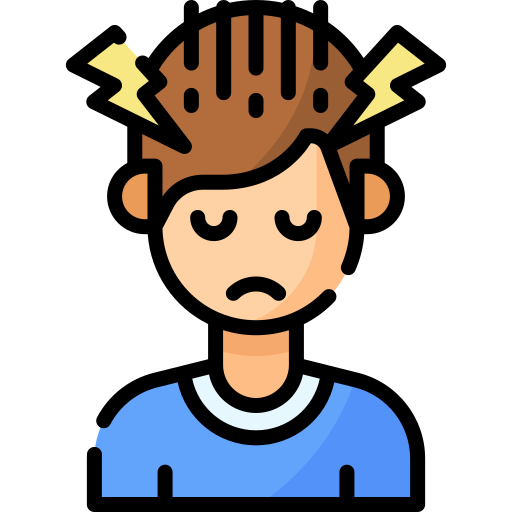
Their conclusion: experiencing multiple ACES leads to toxic stress in childhood that impacts health and optimal functioning in adulthood.
It's time to claim control over your life
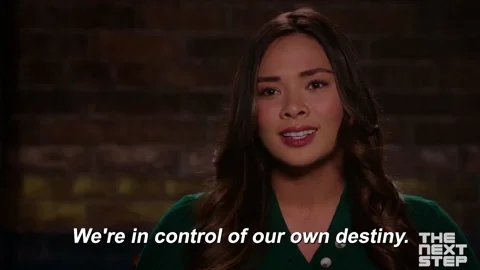
If you experienced childhood trauma, it's likely that you felt as if you didn't have any control over your life.Things happened, and you were helpless to do anything.
Now that you're older, it's time to take control. While this can be challenging and even scary, it can result in healing, resilience, and self-confidence. Start small. You can do it!
Focus on the following 4 strategies to help you get there.
1. Set personal boundaries
People who experienced trauma in childhood often have difficulty setting boundaries because they weren't able to do so in the past. You may be a people pleaser, have trouble saying no, or perhaps you're not even sure what healthy boundaries are.
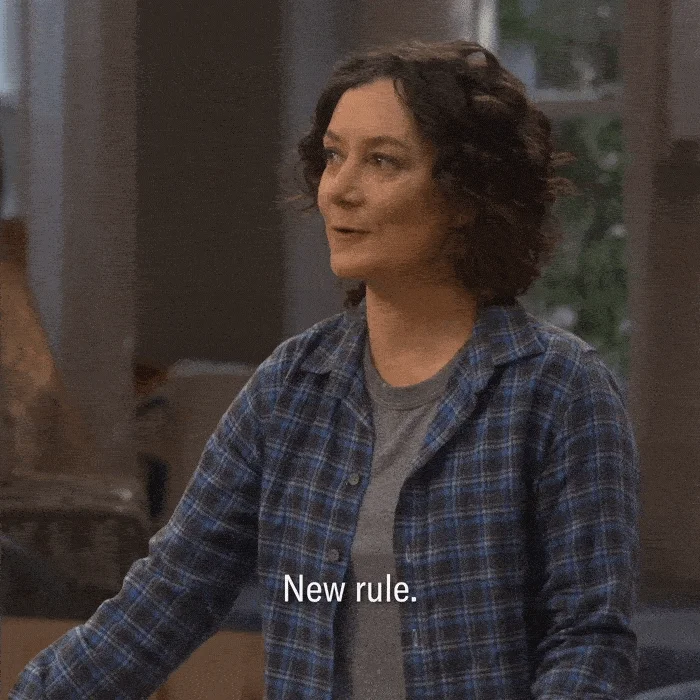
Take time to reflect upon and decide on your personal boundaries.
For example:
"If I have plans and my sister asks me at the last minute to change them to help her, I'll say no."
"I'll take at least 4 months getting to know someone as a friend before entering into a romantic relationship with them."
Once you've determined your boundaries, the next step is to communicate them to others. In the examples above:
It would be important to tell your sister how you plan to react the next time she asks for help last minute.
If someone expresses romantic interest in you, tell them you want to get to know them as a friend first.

Which of these are more examples of boundaries someone might decide to set?
A. "I'm no longer going to get up early to get to work because I like to sleep in."
B. "I'm going to ask people to call or text before they come by my place."
C. "I'm going to tell Jay that I don't like the way he hugs me so tightly."
D. "I will ask for overtime pay if my boss asks me to work late."
Quiz
Which answers are examples of boundaries? Select all that apply:
2. Identify trusted friends
Positive relationships can help with healing. ❤️
Research has shown that having even one trusted adult can help children offset the effects of ACEs. Hopefully, you had someone like that in your life as a child, but even if you didn't, it's not too late to develop healthy, trusting relationships.
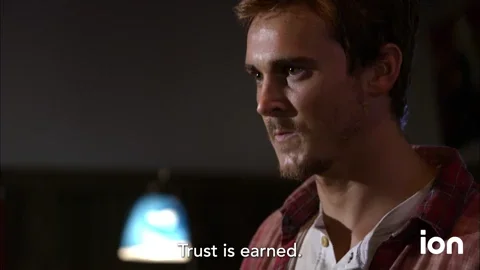
Begin here: ➡️ Think about the qualities you admire in a friend. What makes a person a good friend? Make a list.
Now identify a trusted, safe person that you could connect with.
Consider reaching out to people you admire to see if they want to get together. It might be the start of a solid friendship.
Is there someone from your past who made a difference (a teacher, coach, or parent of a friend)? Contact them. Tell them how they helped, and ask if they are willing to remain in your life as a mentor.
Review the list from time to time. Make sure the people you're friends with meet your trust standards.
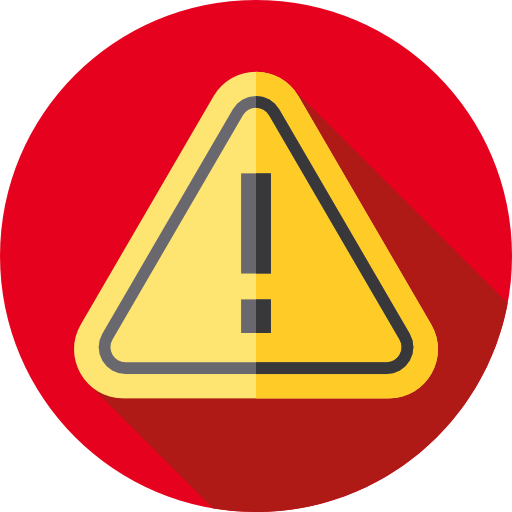
As part of this process, you might need to cut ties with dysfunctional or abusive adults in your life. It may be time to move on and put those people in your past.
3. Trust yourself and your decision-making

Another common characteristic of people who have experienced ACEs is that they may doubt themselves and their ability to make decisions.
Your caregivers may not have served as good decision-making role models, and you had no ability to decide for yourself on a number of important matters.
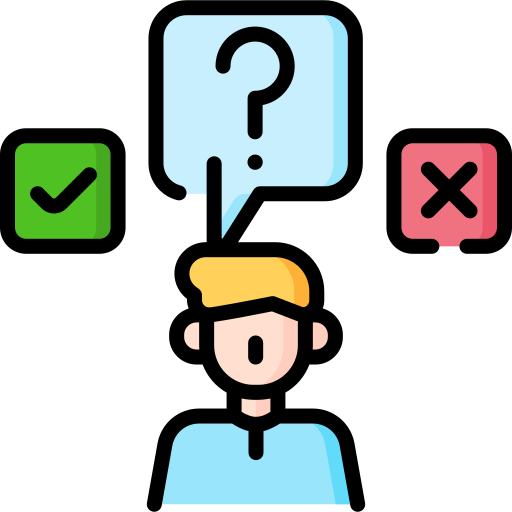
Try these strategies:
Start small. Work on making little choices and decisions to build your confidence. For example, "Which outfit do I like best?" or "Should I read the book or watch the movie?" Gradually move on to bigger decisions.
Consult your trusted friend(s) if you need reassurance. They can act as a double-check if you find yourself doubting your decision-making abilities.
Go slowly. Take the time you need. Don't feel pressured if you aren't ready to decide on an important matter.
Write it down. Keep track of your feelings about decision-making in a journal or electronic doc.
Quiz
Xavier is thinking about taking a new job, but he's worried he's going to make the wrong choice. What should he do? Select all that apply:
4. Practice self-care

Trauma in childhood has long-term effects — you need to take care of yourself in order to heal. Many people find that therapy is helpful, and prioritizing your self-care is another step you can take.
Preference for self-care activities varies from person to person, so do what fits you!

Begin each day by asking yourself: How am I doing on a scale of 1-10? What do I need to be able to show up today?
Then try to fit in some self-care on a regular basis:
Schedule"me-time" activitiesthat make you feel good
Connect with others for social activities
Get outside: go for a walk, hike, or forest bathe
Find ways to practice mindfulness: meditate, pray, do yoga, or ground yourself

Try the "write to heal" technique. Research has shown that writing about your experience, even just for 15 minutes a day for a few days, can help you process your feelings. You don't have to show it to anyone unless you want to.
Quiz
Fran has noticed that when she feels pressured or sad, she binge eats. Then sometimes she makes herself vomit. What should she do? Select all that apply:
Take Action
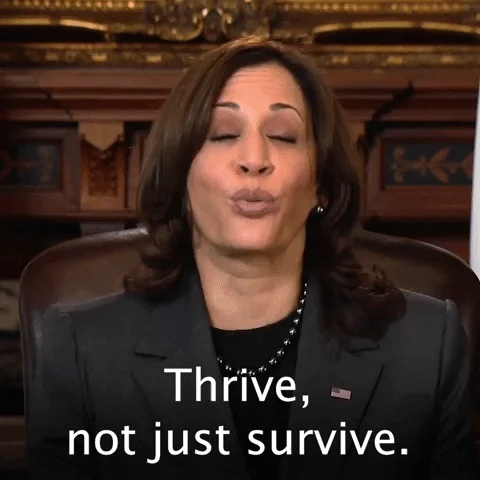
Many people went through adverse childhood experiences. Rest assured, it's possible to overcome the effects and thrive as an adult.
By seeking support, learning to trust yourself, and practicing self-care, you can move forward. Don't hesitate to seek professional help if you're experiencing the effects of ACEs.
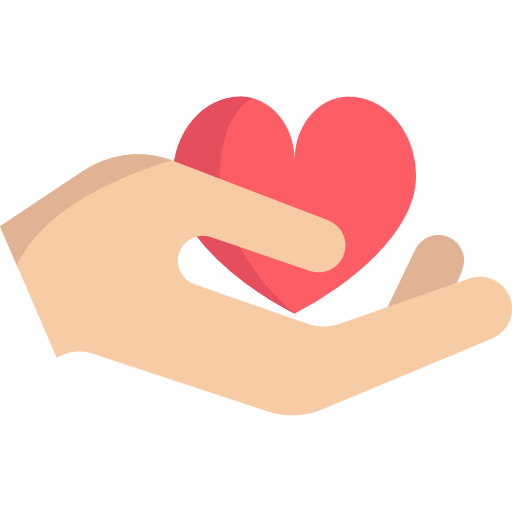
As you continue on your journey to overcome ACEs, take these next steps:
Your feedback matters to us.
This Byte helped me better understand the topic.
